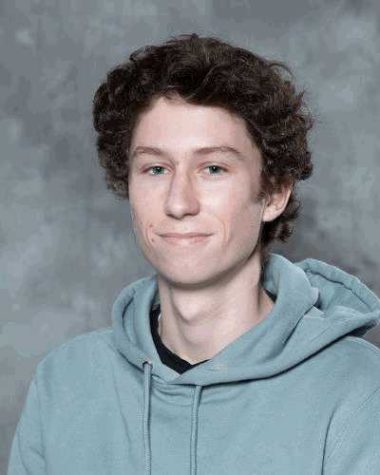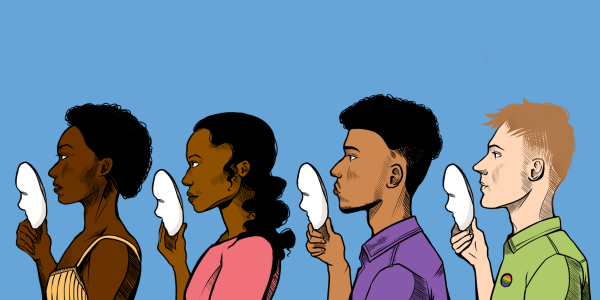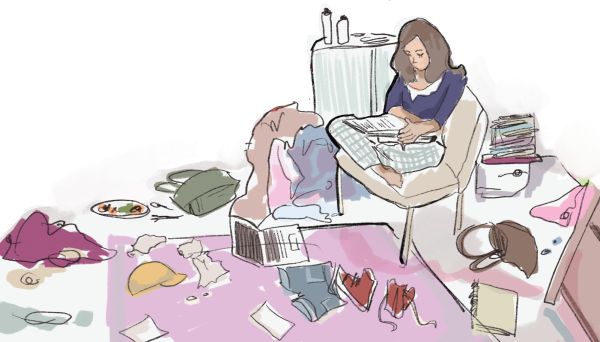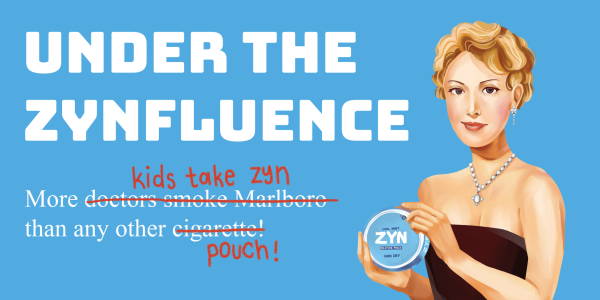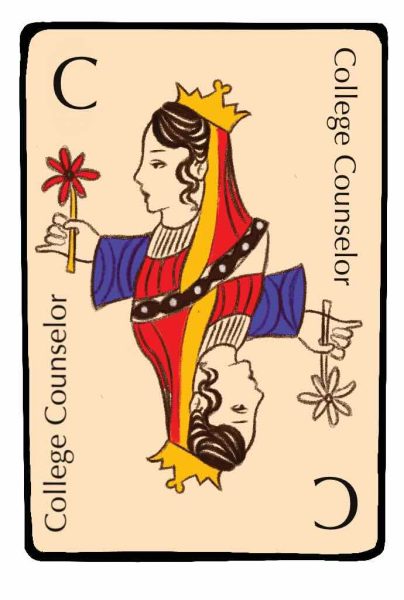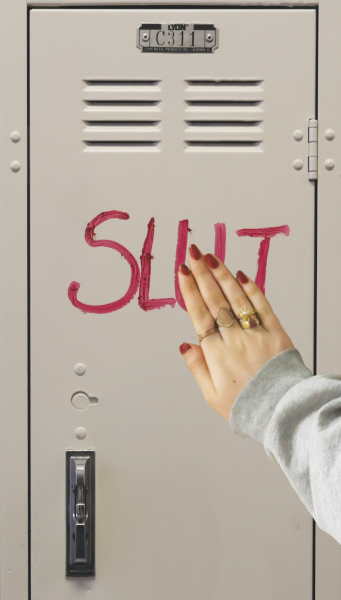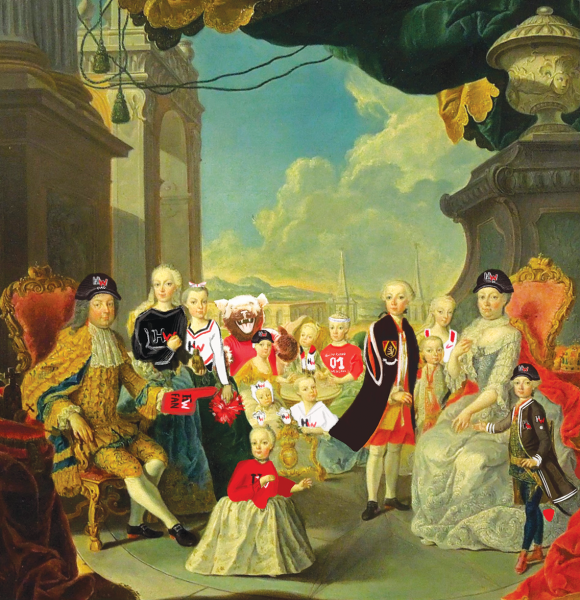Teachers’ Testimony
May 28, 2021
Teachers and students were working with less than thirty minutes of class remaining when The City Journal published “The Miseducation of America’s Elites” on March 9. In the article, journalist Bari Weiss quoted parents who anonymously criticized the school, its faculty and its new Diversity, Equity and Inclusion (DEI) curriculum.
Weiss’s article gained traction in the conservative political sphere as prominent conservative figures such as Senator Ted Cruz, who referred to the article as “powerful” and “insightful,” posted on social media commending her work. In addition, various news organizations such as Fox News, The Atlantic and The Daily Mail covered the story in their own articles.
One component absent from all the news coverage of the school, however, was the perspective of a sitting faculty member. Journalists like Weiss and The Daily Mail’s Caroline Graham interviewed parents to gather information on the school’s curriculum instead of interviewing the individuals who teach the lessons themselves.
French Teacher Amandine Nelaton said she was offended by the accusations in the national media because they undermined the intelligence of her students.
“These accusations were so diminishing to students’ intellectual abilities,” Nelaton said. “This is not a population that can be indoctrinated. I have never been in contact with such intellectual and interesting minds. I am not teaching kids. I am teaching very intelligent adults. [My students] are always interesting and interested.”
History Teacher Lilas Lane said there is a stark difference between teaching students how to analyze information and telling them what to believe. Accusing the faculty of doing the latter is insulting, she said.
“[The accusations] are absolutely outrageous and offensive, as far as I’m concerned,” Lane said. “History is about creating the ability to distinguish between fact and interpretation. That’s how we get the full picture. If you have somebody telling you, ‘this is the way it is and the way it must be,’ that is extremely problematic.”
Much of the criticism in the national media has been based on the idea that the school wants all students to think uniformly. For example, a parent quoted in Weiss’s article said that students are “being fed a diet of left-wing nonsense” and that they are “being indoctrinated against” him. Department Head of Interdisciplinary Studies and History Larry Klein disagreed with this sentiment and said he enjoys when students who are passionate about their own beliefs question the assertions he poses in class.
“I have made statements that have been challenged that [prompt] an engaged discussion and change my thinking,” Klein said. “It is fun. It stretches you intellectually. It is good for me, and, hopefully, it is good for the students too.”
English Teacher Jocelyn Medawar said that very few people like to be told what to believe, which is why she works to address differences of interpretation instead of suppress them.
“In my experience, students like a good and informative lecture, but they don’t like to be lectured to,” Medawar said. “That is like telling them, ‘this is what I want you to think.’ No matter where we come from, we’ve all felt certain things at certain times. Literature addresses those universal things. Let’s find them and move from there.”
Nelaton echoed a similar sentiment when she said that the accusations were based on the assumption that teachers want their students to constantly agree with them. Teaching students who can respectfully disagree with one another is far more enjoyable than teaching those who agree at all times, she said.
“It adds a dimension to the conversation,” Nelaton said. “How can we move forward without disagreement? Change is triggered by debate, criticisms and disagreement. That’s how you move forward.”
Similarly, Lane said that it is crucial to consider all interpretations of historical events to foster a strong learning environment.
“It is really important that we not close ourselves off to other points of view,” Lane said. “We can disagree with them. We can analyze them and examine them. But if we do not take the time to understand and recognize nuances, that is problematic on an intellectual and analytical level.”
Klein said that the grievances expressed by parents in Weiss’s article hardly affected him and were more entertaining than they were confusing or upsetting.
“I was more so amused,” Klein said. “That tends to be my take on mischaracterizations and false framings. Then they just become something to examine and analyze. If we remember that the article [was written] with an agenda, the journalism isn’t really journalism.”
English Teacher Adam Levine, a former high school classmate of Weiss in the early 2000s, said he was disappointed by the article’s narrow sourcing. He said the article seemed to make more of an effort to elevate one opinion on the school’s new curriculum, as opposed to presenting all points of view.
“I was disappointed that the article didn’t feature more perspectives,” Levine said. “It didn’t feel like the thrust of the article was to get to an accurate depiction of what schools are doing but more to provide a spin on it.”
Levine said that he believes there is a misunderstanding among critics about the experiences of both teachers and students at the school. He said the best way to resolve this misunderstanding is for them to experience the teacher-student dynamic themselves.
“I would invite them to class,” Levine said. “I doubt that a lot of the people who are saying these things have attended a Harvard-Westlake class. There is a lot of misinformation about what teaching looks like [at Harvard-Westlake]. I would invite any of them to attend one of my classes.”































